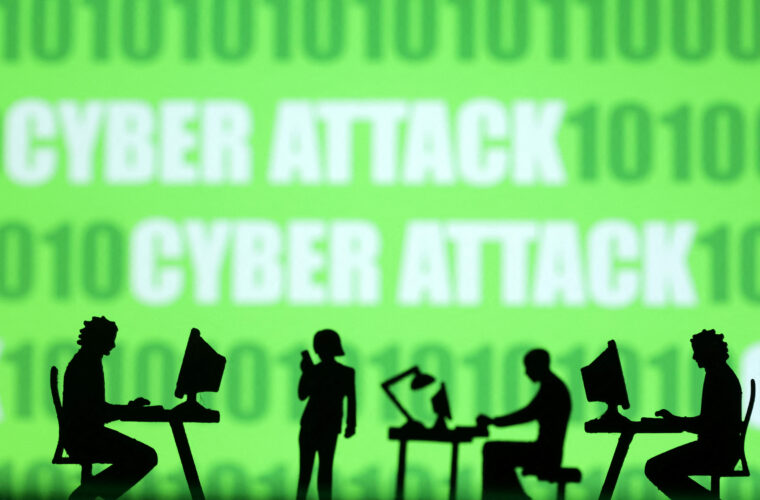Russian hackers are targeting Italy and the new head of the National Cybersecurity Agency, Bruno Frattasi. A new cyber-attack by the pro-Russian collective NoName057 on Italy has hit the sites of the Ministry of Transport, the transport regulatory authority, and Atac, the mobility company of the municipality of Rome. The Roman municipality’s website and online ticket office are unreachable; the MiT website, on the other hand, seems to be back to normal. The group also shared a message of vindication.
“20 Ukrainian soldiers have been trained to use Samp-T in Italy”, the Italian-French missile system, “Italian Prime Minister Giorgia Meloni said that the conditions for starting a negotiation process in Ukraine are not yet ripe. But our Ddoss missiles (the type of hacker attack used by NoName) for the Italian Russophobic internet system are. Frattasi we are coming” is the threatening message to the new head of the National Cybersecurity Agency, who took over from Roberto Baldoni last month. This is not the first attack by these cyber criminals/activists on Italy. After Meloni visited Kiev, they attacked the sites of the Carabinieri, the Ministry of Foreign Affairs, and the Ministry of Defence.
NoName 057(16) is among the most active Russian groups in the cyber-warfare accompanying the kinetic conflict in Ukraine. The group was created a year ago, in March 2022, shortly after Russian tanks entered Kiev territory. It immediately became involved in a series of attacks against government entities and critical infrastructure in Ukraine and its supporting countries such as Poland, Lithuania, Latvia, Estonia, Slovakia, Norway, and Finland. But the group daily claims attacks on all countries suspected of supporting Kiev. In recent days, it has also launched several attacks on Japan and Spain, which are also accused of not supporting the Russian cause.

Planned and harmless attacks
By now, NoName attacks occur on a regular basis. The first wave was recorded on 22 February. Then there was more on 6 March. And then again on 19 March. We are always talking about Ddos (Distributed Denial of Service) attacks. The number of accesses to a site is artificially multiplied to collapse the servers and prevent real users from gaining access. These attacks are, therefore, as easy to construct as they are bland in their results. They do not steal data, they do not affect strategic infrastructure; they do not damage institutions.
The greatest achievement for these activists is to take home a trophy to show off. After each wave of attacks, screens of the newspapers that reported on them are regularly posted on Telegram groups. Actions that steal the show for a few hours, at most for a few news headlines and a little more. During a (real) war, the hackers in question play no real role, do not strike fear into people, and might as well be among those Twitter trolls who praise Putin, denigrate Covid vaccines, and believe in aliens and the new world order. Accounts to blame, to have a few laughs about, in the midst of the all too serious daily grind.



